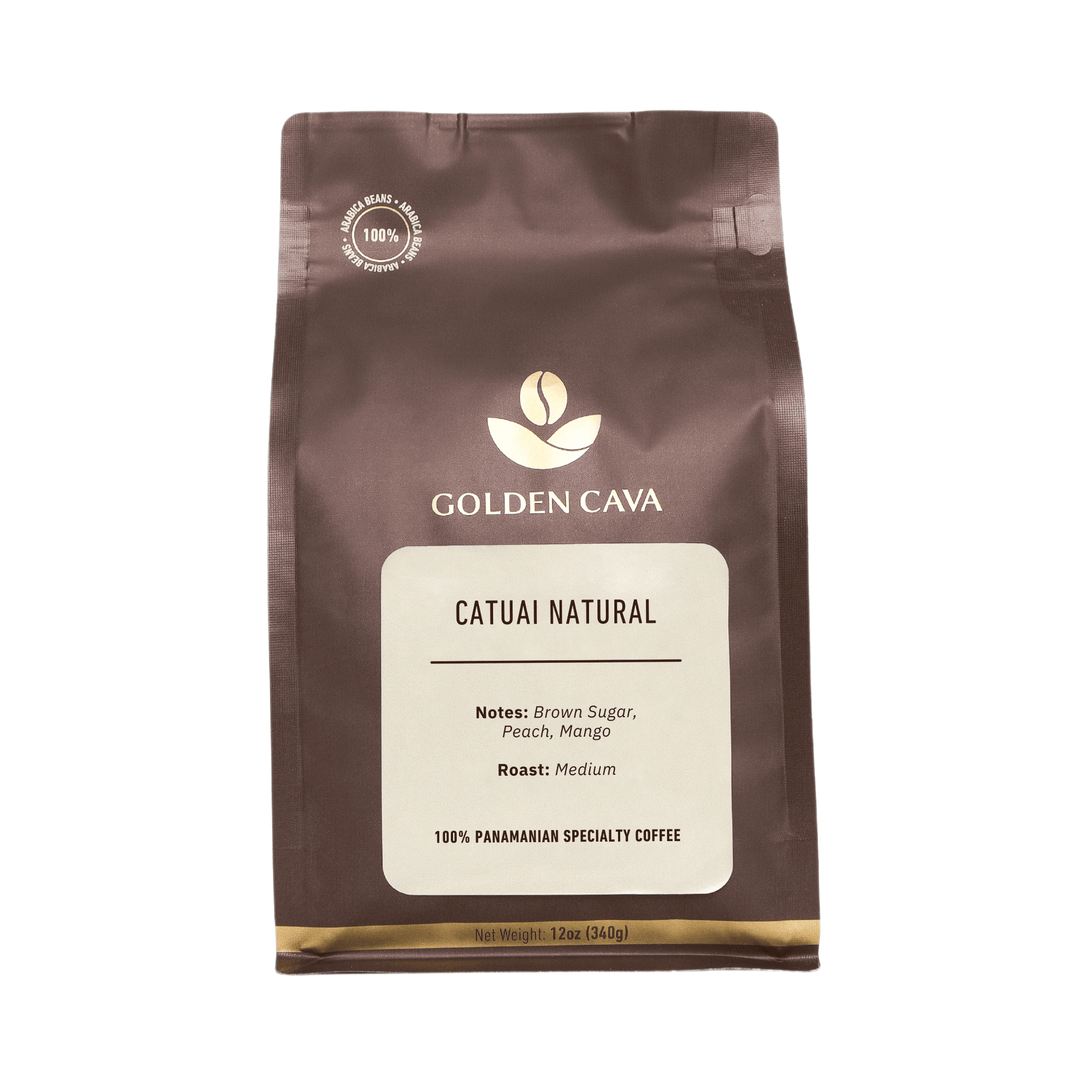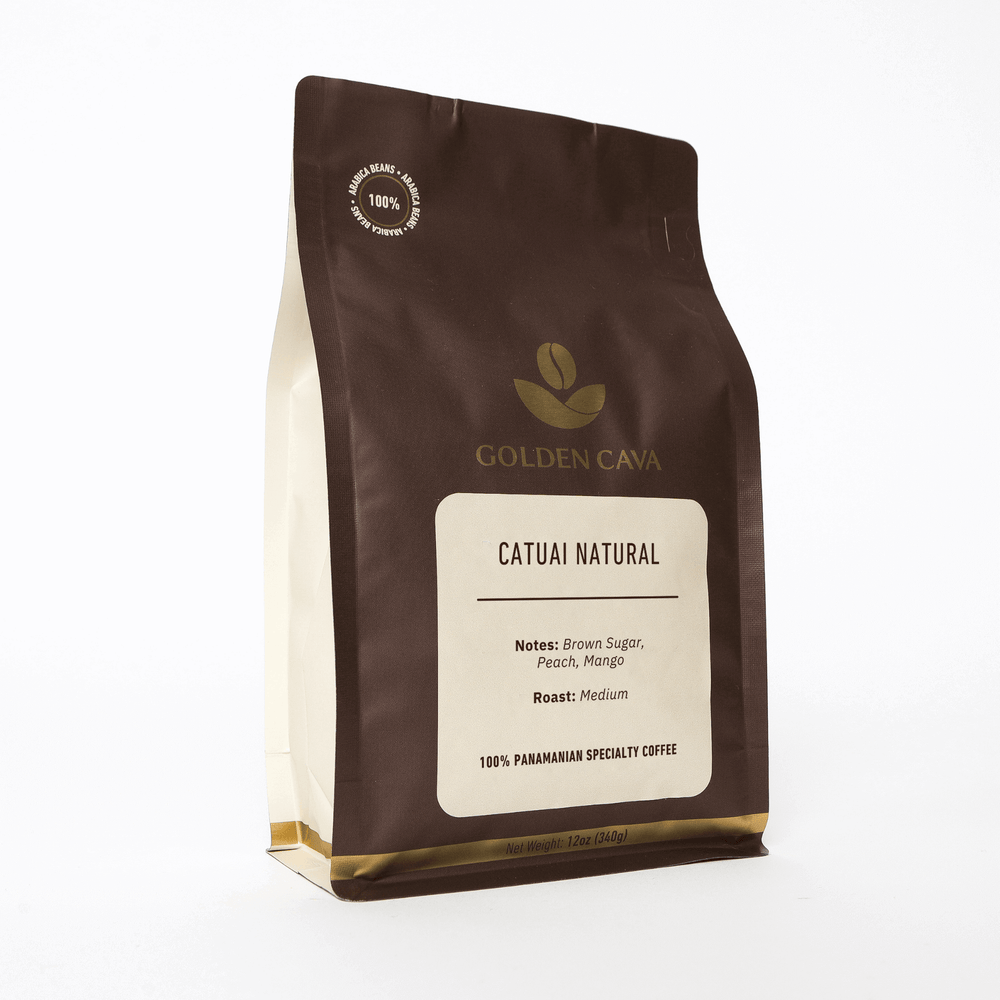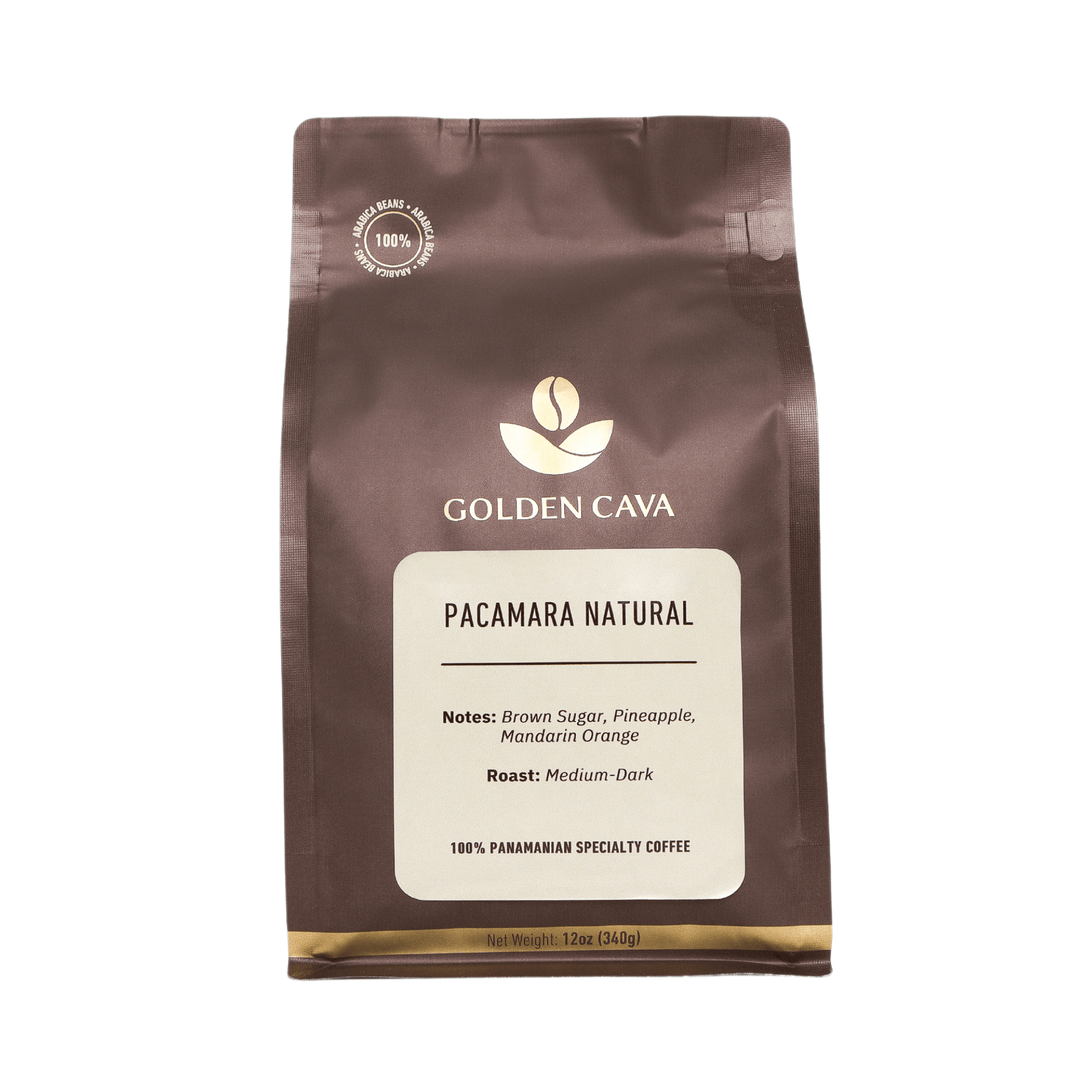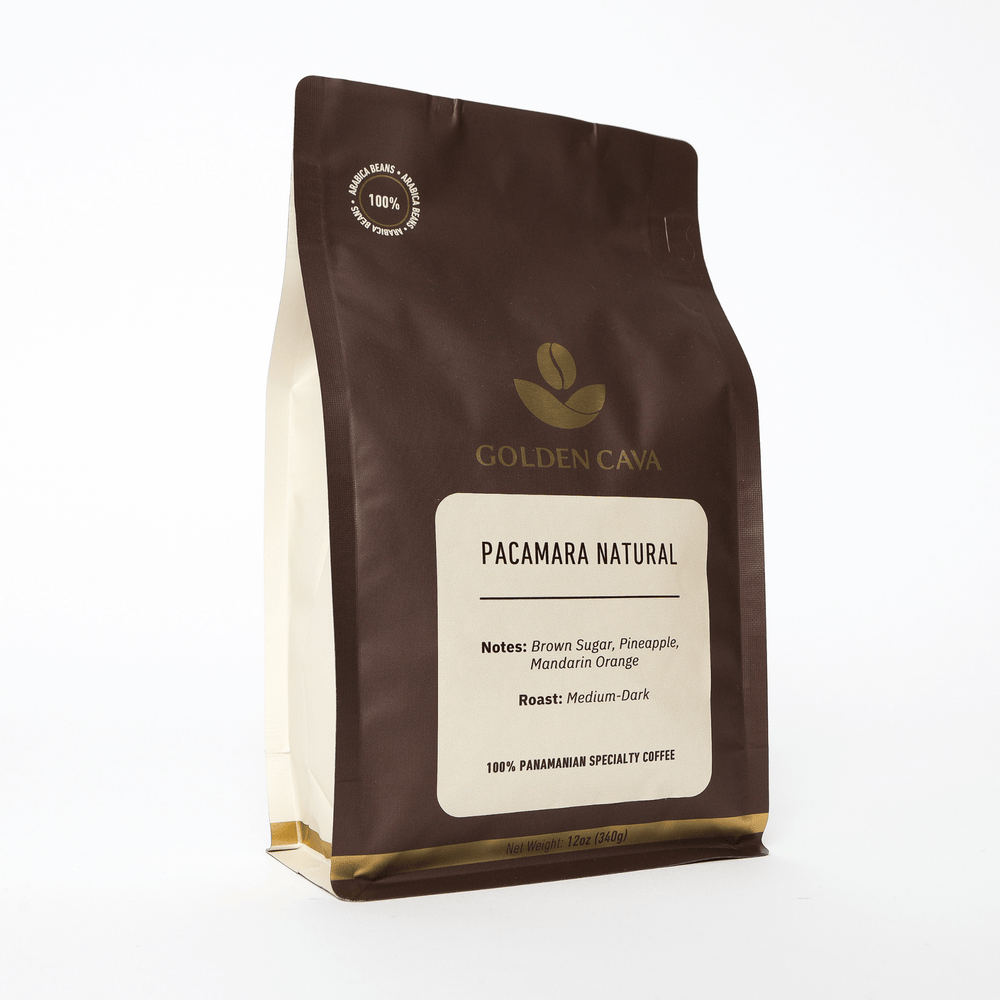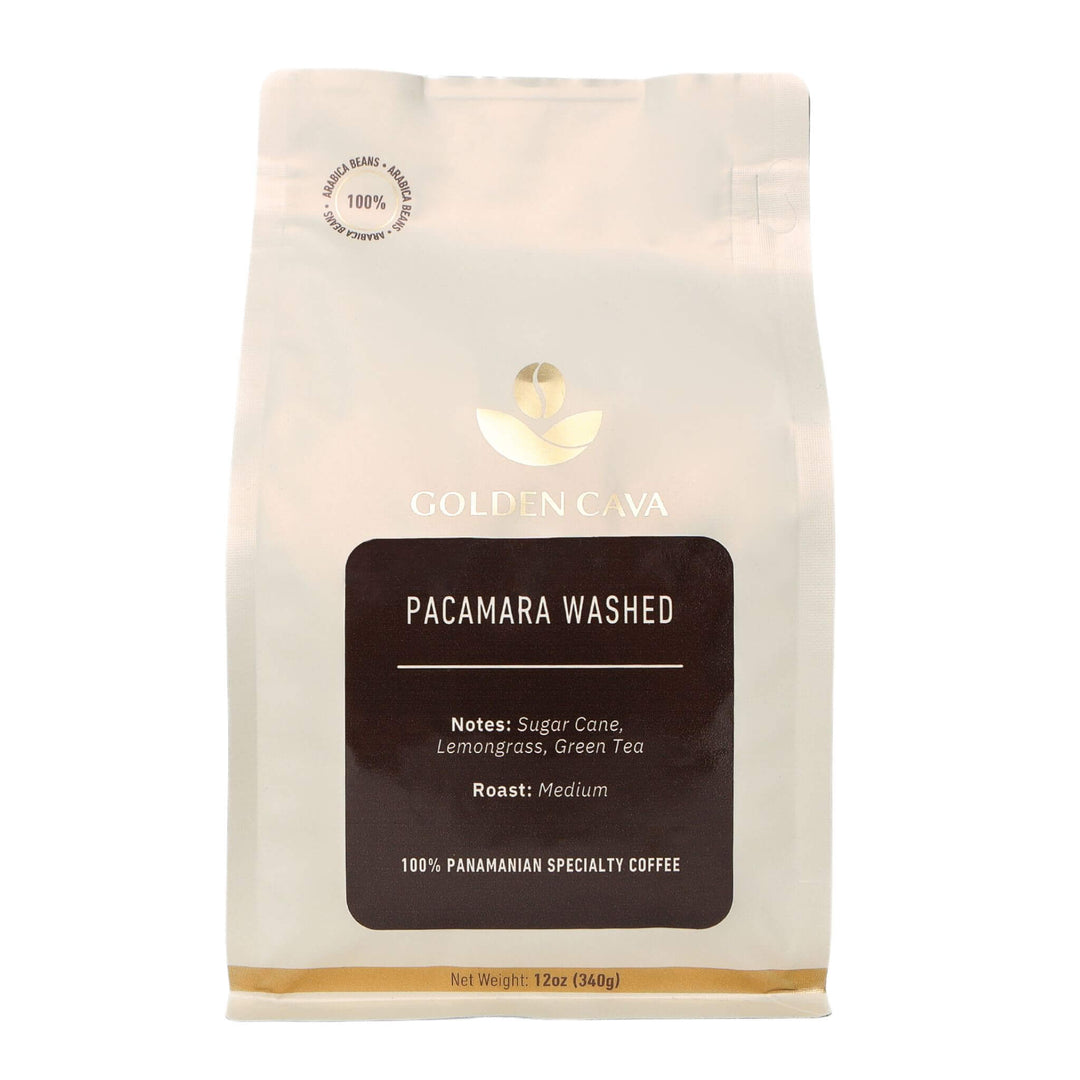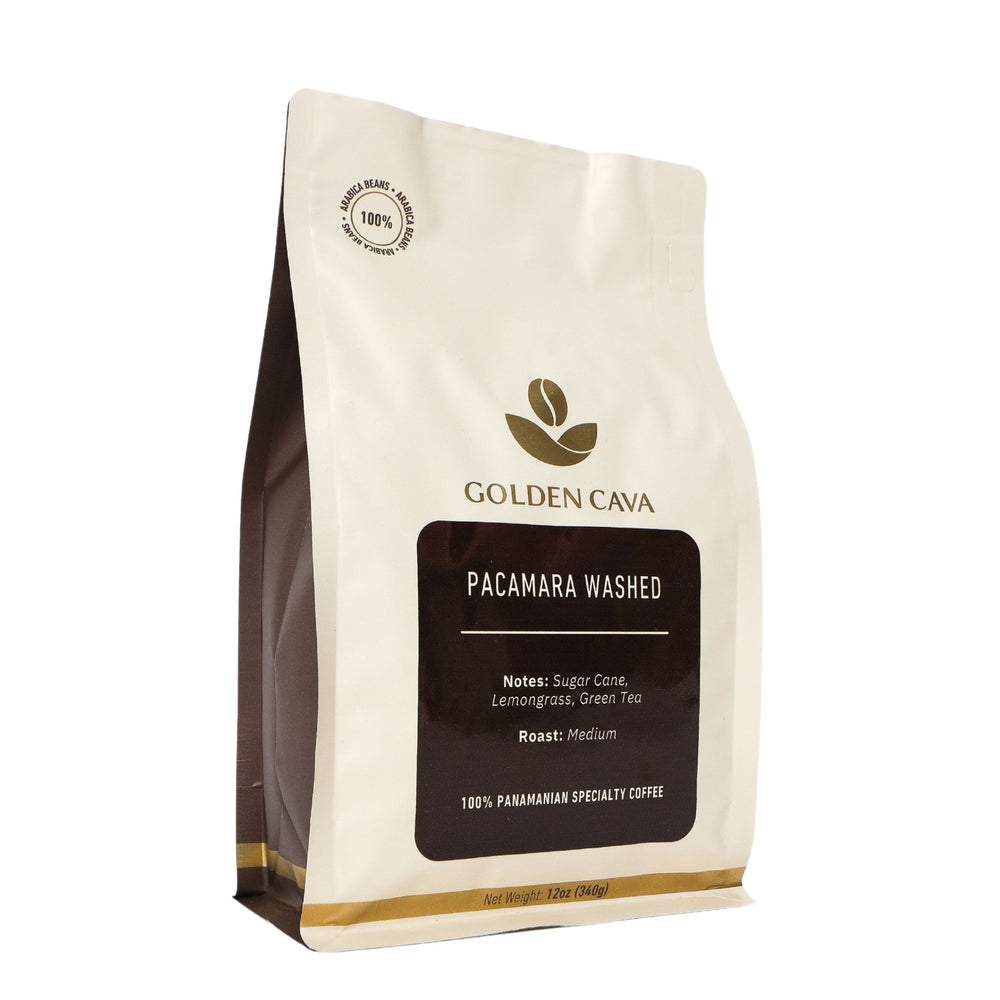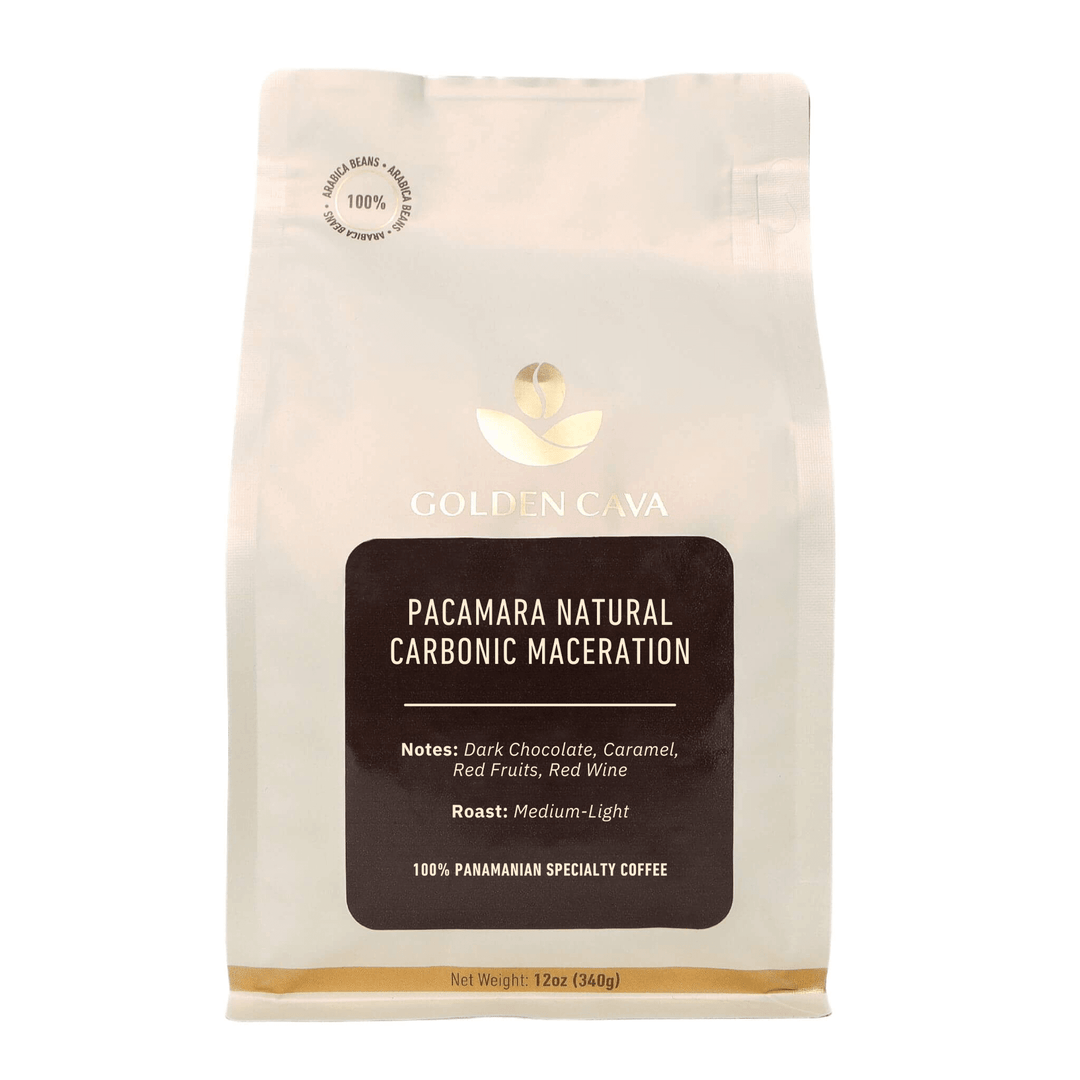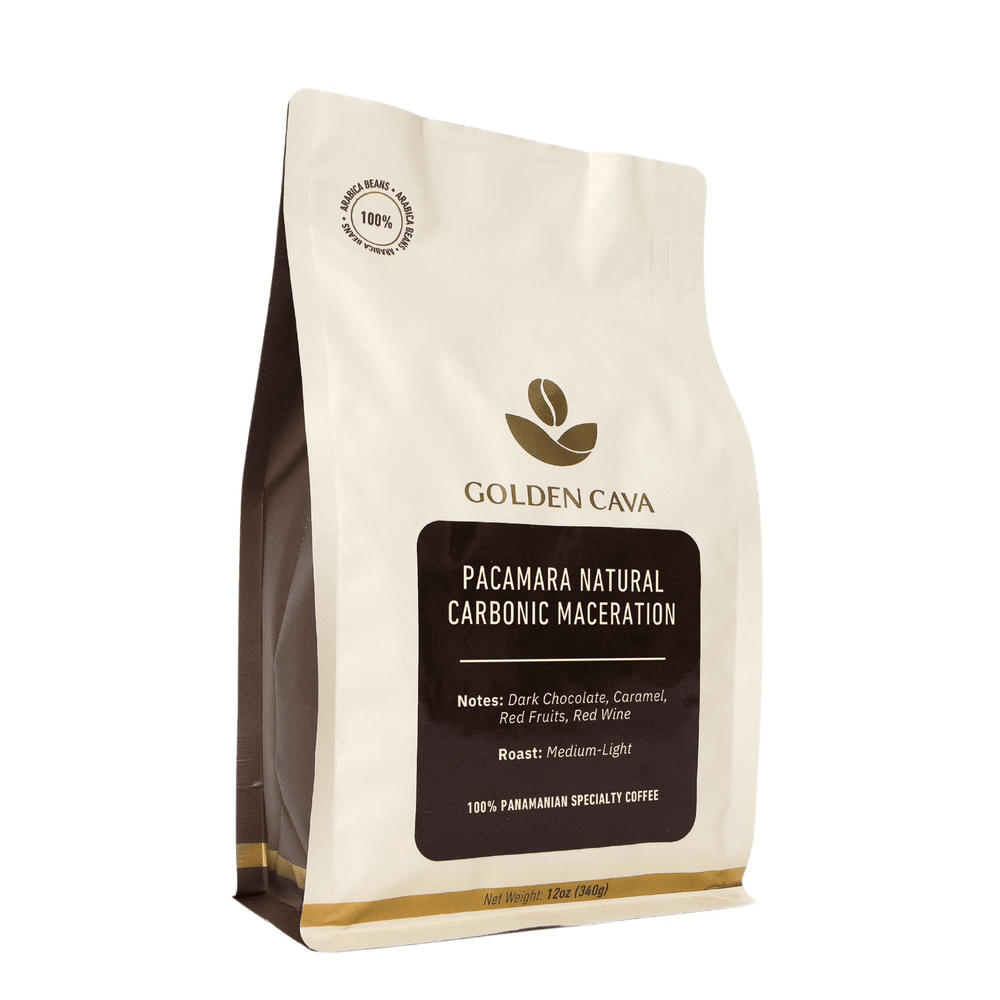Here's a question that's been around forever: How long does coffee take to brew? This seemingly simple question has a multitude of answers, depending on various factors and brewing methods. In this guide, we'll explore the variables that affect coffee brewing time and how different types of machines can impact your morning cup.
We'll begin by understanding the brewing process itself and examine how elements such as grind size, water temperature, and brew method affect the extraction of flavors from your ground coffee.
Then, we'll discuss different types of coffee makers – from classic drip machines to espresso machines – and their respective brewing times.
Table Of Contents:
- 1. Understanding the Brewing Process
- A Basic Overview of Coffee Brewing
- Brewing Time Guidelines
- 2. Factors Affecting Brewing Time
- 3. Different Types of Coffee Makers
- 4. Tips for Faster Brewing
- 5. The Perfect Cup of Coffee
- Frequently Asked Questions How Long Does Coffee Take to Brew
- Make Your Cup Of Coffee With Ease
1. Understanding the Brewing Process
By mastering the intricate interplay between water, heat, and coffee beans, you can create a flavorful cup of joe with each brew. By understanding the question, how long does coffee take to brew, and the factors that affect the brewing time, you can ensure that your morning ritual results in a delicious and satisfying beverage every time.
A Basic Overview of Coffee Brewing
Brewing coffee involves extracting flavors from ground beans using hot water. The key components of this process include:
- Grind size: The size of your coffee grounds plays an essential role in determining extraction rates. Finer grinds have more surface area for water to interact with, leading to faster extraction times.
- Water temperature: Hotter water speeds up extraction by quickly dissolving soluble compounds. Ideally, the ideal temperature for optimal extraction lies between 91°C and 96°C.
- Contact time refers to how long the water is in contact with the coffee grounds during brewing. Shorter contact times require finer grinds, while longer contact times work best with coarser grinds.
Brewing Time Guidelines
The ideal brewing time varies depending on your preferred method, personal taste preferences and the coffee machine you have; however, here are some general guidelines for popular methods:
- AeroPress: Approximately 1-3 minutes total immersion followed by pressure filtration through paper or metal filter disk.
- Drip coffee maker: Typically takes 4-6 minutes for a full pot, depending on the machine and grind size.
- French press: Around 4 minutes of total immersion before pressing down the plunger to separate the grounds from the liquid.
- Pour-over: Varies by technique but generally ranges between 2.5 - 4 minutes with water poured in stages over the grounds.
Note that these are just general guidelines; your individual preferences may vary. Experimenting with different brewing times can help you find what works best for your taste buds and preferred methods.

2. Factors Affecting Brewing Time
When it comes to crafting coffee, a variety of elements can impact the amount of time needed to make your ideal cup. By understanding these variables, you can adjust your brewing process and enjoy a more satisfying coffee experience.
In this section, we will discuss some key factors affecting brewing time.
A. Grind Size
The fineness of your coffee grinds directly impacts the speed of flavor extraction when exposed to water, with finer grinds extracting more quickly but risking over-extraction and a bitter taste.
Finer grinds have a larger surface area exposed to water, which means extraction occurs faster than with coarser grinds. However, if the grind is too fine, over-extraction may occur resulting in bitter-tasting coffee.
B. Water Temperature
Water temperature also affects the speed at which flavor compounds are extracted from coffee grounds during brewing. For optimal flavor, the water temperature should be between 195°F (91°C) and 205°F (96°C).
Higher temperatures lead to faster extraction but risk scalding or burning the beans while lower temperatures slow down extraction and could result in under-extracted or weak-tasting brews.
C. Brewing Method
Different brewing methods have varying levels of contact time between water and coffee grounds, affecting overall brew times significantly:
- Pour-over: This method typically requires around 4 minutes as hot water slowly passes through ground beans held within a filter cone.
- French press: The immersion process of a French press takes about 4-5 minutes as the coffee grounds steep in hot water before being separated by pressing down on the plunger.
- Aeropress: With its unique pressure-based extraction method, Aeropress can brew a cup of coffee in just 1-2 minutes.
- Drip Coffee Maker: Automatic drip machines usually take between 5 and 10 minutes to complete their brewing cycle, depending on volume and settings.
D. Bean Type and Roast Level
The type of bean you choose and its roast level will also impact your brewing time and have an impact on how you make coffee. Lighter roasts tend to require slightly longer extraction times than darker roasts due to differences in solubility levels. Additionally, some beans may naturally have more or less oil content, which could affect how quickly flavors are extracted during brewing (source).
As started already, factors such as grind size, water temperature, and the coffee maker used can affect brewing time. Given the brewing time variations caused by factors like grind size, water temperature, and coffee maker type, selecting the one that best meets your needs is important.

3. Different Types of Coffee Makers
There are various types of coffee makers available in the market, each with its unique brewing process and time requirements. Let's explore some popular coffee makers and how they affect brewing time:
A. Drip Coffee Maker
Drip coffee makers, also known as automatic drip machines, are among the most common appliances found in households worldwide. The time taken to produce a pot of coffee with these machines varies, depending on the model and quantity being brewed.
B. French Press
The French press, or plunger pot, is a manual method that requires you to steep coarsely ground beans in hot water for about 4 minutes before pressing down on a mesh filter to separate the grounds from your beverage.
C. AeroPress
An AeroPress is another manual brewing device that uses air pressure to force hot water through finely-ground beans within 1-2 minutes, resulting in an espresso-like concentrate that can be diluted with hot water or milk.
D. Pour Over Method (Chemex/V60)
Pour-over methods like Chemex or V60 involve pouring hot water over freshly ground beans placed inside a paper filter cone set atop your cup or carafe; this process usually takes around 4-6 minutes but can vary based on the pouring technique and grind size.
E. Espresso Machine
Espresso machines force hot water through finely ground beans at high pressure, creating a concentrated shot of coffee in just 25-30 seconds. However, it's essential to note that preparing an espresso requires additional time for grinding, tamping, and steaming milk (if making a latte or cappuccino).
F. Moka Pot
A Moka pot, also known as a stovetop espresso maker, uses steam pressure to push hot water through ground coffee; this method typically takes about 5-8 minutes from start to finish.
Realizing the brewing process for each coffee maker can assist you in selecting the most suitable one based on your taste and time availability. Various types of coffee makers exist, ranging from various sizes and capabilities to meet the desires of any java enthusiast. With these tips for faster brewing, you can get your cup of joe even quicker.

4. Tips for Faster Brewing
As a busy individual, brewing your coffee quickly is paramount; here are some tips to help you make the perfect cup of specialty coffee in no time.
Preheat Your Coffee Maker
To reduce the overall brewing time, preheat your coffee maker by running hot water through it before adding the grounds. This will warm up the machine and ensure that the water reaches its optimal temperature faster when you start brewing.
Choose a Coarser Grind Size
Grind size impacts the amount of time needed for water to pass through coffee grounds. A coarser grind allows water to flow more easily and significantly decreases brewing time without sacrificing flavor quality. Experiment with different grind sizes until you find one that works best for both taste and speed.
Increase Water Temperature
An increased water temperature can accelerate extraction and shorten brew times; however, be cautious not to exceed 205°F (96°C) as this may result in over-extraction or burnt flavors in your final cup of coffee. Use a thermometer if necessary to monitor temperatures accurately during brewing.
Select Fast-Brewing Coffee Makers
- AeroPress: The AeroPress is known for its quickness - capable of producing delicious cups within just 1-2 minutes.
- Drip Coffee Makers: Some drip coffee makers have a fast-brew setting that can cut brewing time in half, making them ideal for busy mornings.
- Single-Serve Machines: These machines, such as Keurig or Nespresso, are designed to deliver a cup of coffee within seconds. However, keep in mind that these options may not provide the same level of quality and sustainability as other methods.
Brewing your tasty cup of Golden Cava specialty coffee doesn't have to be time-consuming. By implementing these tips and selecting the right equipment for your needs, you'll be able to enjoy delicious coffee without sacrificing precious minutes from your busy schedule.
With these pointers, you can savor a scrumptious cup of joe in no time. Now, let's move on to the next step: creating the perfect cup of coffee.

5. The Perfect Cup of Coffee
Creating the ideal mug of java is a craftsmanship that necessitates consideration regarding subtleties and an exhaustive comprehension of different components, for example, blending time, granulate size, water temperature, etc.
This section will discuss these elements in depth to help you make your ideal cup every time.
Brewing Time
The optimal brewing time for coffee depends on the method used. For example:
- Drip coffee makers: 4-6 minutes
- French press: 4 minutes
- AeroPress: 1-2 minutes
- Pour-over methods (such as Chemex or V60): about 3-4 minutes
- Espresso machines: around 30 seconds
Grind Size and Consistency
The grind size plays a crucial role in determining the taste and strength of your coffee. Adjusting the grind size can affect extraction rates and overall flavor. To achieve consistent results, it's essential to use a high-quality burr grinder.
Here are some general guidelines for different brewing methods:
- Drip coffee makers: Medium Grind Size
- French press: Coarse grind
- AeroPress: Fine to medium grind size
- Pour-over methods: Medium to fine grind
- Espresso machines: Very fine grind
Water Temperature
For the best flavor, water for espresso machines should be heated to between 195°F and 205°F (90°C-96°C). This range allows for optimal extraction of the coffee's flavors. Utilizing H2O that is too toasty can result in an over-extraction, causing a nasty flavor.
On the other hand, using water that is not hot enough may lead to under-extraction and weak or sour-tasting coffee.
Coffee-to-Water Ratio
A standard guideline for the perfect cup of coffee is a ratio of one part coffee grounds to sixteen parts water by weight. However, this ratio can be adjusted based on personal preference - some people prefer stronger or weaker cups of coffee. Experimenting with different ratios will help you find your ideal balance.
Incorporating these factors into your daily brewing routine will ensure that each cup you make meets your expectations in terms of flavor and strength. Remember that practice makes perfect - so keep experimenting until you find what works best for you.

Frequently Asked Questions How Long Does Coffee Take to Brew
How long does it take to boil coffee?
Bring water to a rolling boil to boil coffee and let it cool for about 30 seconds before pouring over your ground coffee. The entire process of boiling the water and steeping the coffee grounds typically takes around 4-5 minutes. However, this method is not recommended as it can result in bitter or over-extracted flavors.
How fast does a Keurig brew coffee?
A Keurig brews a cup of coffee in approximately one minute after heating up. It usually takes between 45 seconds to heat the water and another 15-20 seconds for brewing, depending on the selected size and strength settings.
Why does coffee take so long to brew?
Coffee takes time to brew because extracting flavor from the beans requires hot water to pass through them slowly. This allows proper extraction of oils, acids, and other compounds that contribute to its taste profile. Brewing too quickly may lead to under-extraction while taking too much time could cause over-extraction.
How long does instant coffee take to brew?
Unlike traditional methods, instant coffee dissolves instantly when mixed with hot water. Therefore, brewing instant coffee only takes as long as it needs for you to heat up your desired amount of water (typically less than two minutes) before stirring in the powder or granules.
Make Your Cup Of Coffee With Ease
Brewing a steamy cup of java can be a complicated task that necessitates energy and patience. With the correct information and equipment, you can quickly craft your ideal cup of coffee. By understanding the brewing process and following some simple tips for faster brewing, you will be able to enjoy great-tasting coffee every single day without spending too much time on it.
So just to recap- how long does coffee take to brew? It depends on many things, but ultimately, it is up to you how quickly (or slowly) you want it brewed.
